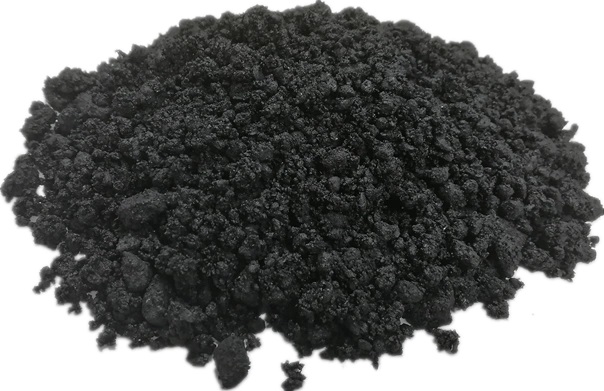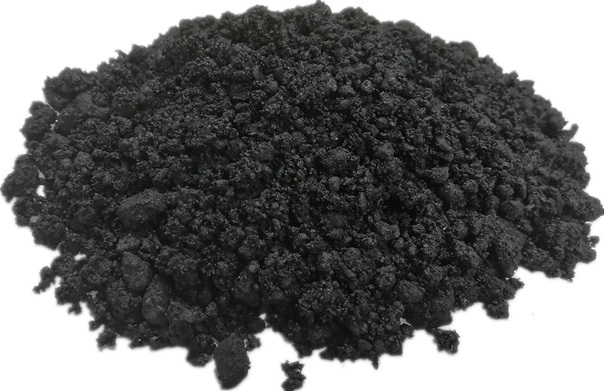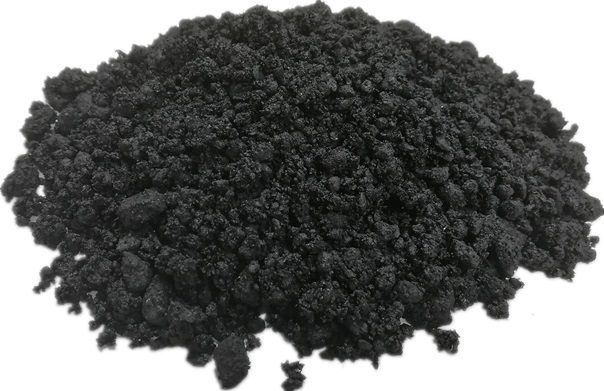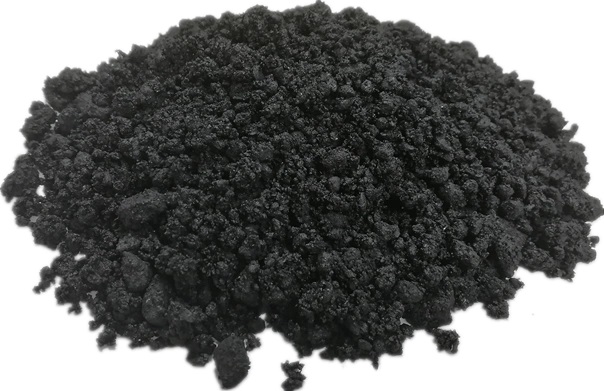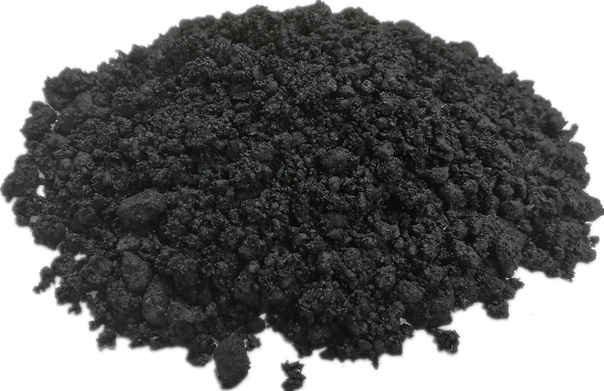ZX Carbon COLD LINING PASTE
TYPE-SiC
Applications
ZX Cold Lining Paste Type-SiC is a direct bonded SiC ramming. It is specially developed for use in hearth linings for FeSi, Si-metal and Calcium Carbide furnaces between the carbon hearth and the refractory lining below.
Benefits
ZX Cold Lining Paste Type-SiC forms a monolithic layer of SiC with very low permeability.
The paste is easy to install.
Furnace crater gases are unable to penetrate down into the refractory layers below the SiC layer and attack these refractory materials.
Refractory temperatures below the SiC layer will be reduced.
The danger of lining breakthroughs will be greatly minimized.
Use of this paste gives reduced costs compared to SiC bricks.

In principle, this refractory consists of SiC, Si metal and a carbon containing binder. Above 1400°C, carbon from the binder reacts with the Si metal to form secondary SiC, which is the final binder phase.
Since raw materials used in FeSi, Si metal and Calcium Carbide furnaces always contain alkali, the alkali will be reduced and a certain partial pressure of alkali gas will build up in a furnace. Alkali gas penetrating the carbon hearth will cause graphitization, and subsequently a drastic increase of thermal conductivity. Thus, the refractory bricks below the carbon hearth will be exposed to temperatures in the range of 1700-1800°C. This is far above the maximum working temperature of traditional refractory materials. CO gas penetrating down from the furnace crater will, at these temperatures, reduce Al2O3 to AlO, which will escape upwards as gas, eventually forming a cavity below the carbon hearth. SiC, however, is not effected by the penetrating crater gases and will therefore not be attacked/transformed.
The thickness of the ZX Cold Lining Paste Type-SiC should be dimensioned to obtain a maximum of 1500°C at the interface between the SiC layer and the refractory below.
At 900-1000°C the paste gives a SiC/C material with high density and excellent mechanical strength.
At 1400-1500°C the paste converts to 100% SiC.
General description
The permeability of the final product is very low, 0.1 nP.

Contains
Silicon Carbide 60 - 80 %
Silicon 10 - 20 %
Coal Tar Pitch 10 - 20 %
Typical characteristics*
Unbaked paste
Density 2500 kg/m3
Baked at 950°C
Linear thermal shrinkage (500-950°C) 0 %
Density 2300 kg/m3
Compressive strength 15 N/mm2
Thermal conductivity 5 W/mK
Gas permeability Baked at 950º C: 0,6 nP
Baked at 1600º C: 0,1 nP
Preferred temperature for installation is 15-30°C.
*The test data shown are based on average results of control tests and are subject to normal variation on individual tests. Accordingly, test data cannot be taken as establishing maximum or minimum specifications. Sample averages would be expected to meet an unilateral limit for each property 90% of the time.
The samples are rammed 100 strokes in a Fischer Sandrammer.

